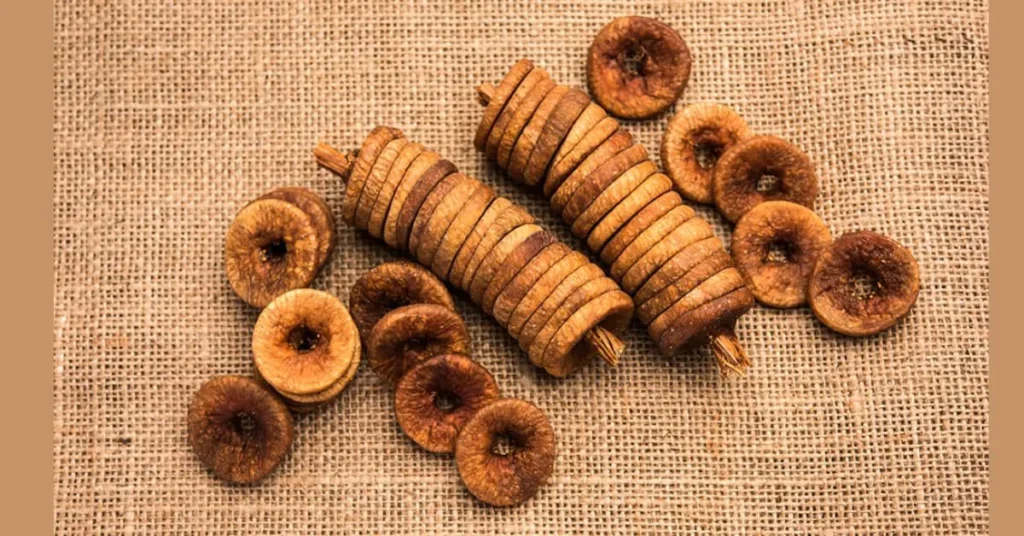Vital for its multiple health benefits, Vitamin E has long been a cornerstone in dermatological and beauty regimens. Celebrated for its powerful antioxidant capabilities, this essential, fat-soluble nutrient ensures healthy hair, protects the skin against ageing, inflammation, and UV damage, and bolsters the immune system. This comprehensive guide explores how incorporating Vitamin E for Hair can revolutionize hair care practices.
What is the function of Vitamin E for Hair care?
As a collective of eight fat-soluble compounds, Vitamin E’s primary acclaim comes from its antioxidant prowess. In hair care, these properties defend against the damaging effects of free radicals, which are detrimental to hair health. Vitamin E is instrumental in maintaining the hair’s strength and vitality by safeguarding the body’s cells, including those in the scalp and hair follicles.
Advantages of Vitamin E for Hair
Incorporating Vitamin E into your hair care regime brings a multitude of benefits:
- Enhances Scalp Wellness: Its rich antioxidant content helps diminish oxidative stress on the scalp, a major factor in hair loss and poor scalp condition.
- Boosts Hair Growth: Vitamin E’s ability to improve blood flow to the scalp is important for robust hair growth.
- Augments Hair Luster and Strength: It replenishes shine by forming a protective layer over the hair cuticle and fortifies the hair shaft.
- Combats Premature Hair Graying: The nutrient’s antioxidants counteract extreme injury that can lead to early greying.
- Hydrates and Conditions Hair: As a natural emollient, it keeps hair hydrated and supple, reducing dryness and breakage.
- Defends Against Environmental Stressors: Offers protection against UV damage and pollution.
- Regulates Oil Production: Vitamin E helps maintain a balance in sebum production, avoiding excessive dryness or oiliness of the scalp.
- Smoothes Hair Texture: Regular use can enhance the texture, making hair more manageable.
- Mends Split Ends: Deep nourishment from Vitamin E helps repair split ends and tame frizz.
How to Incorporate Vitamin E for Hair Care in Your Routine
- Dietary Sources: Include Vitamin E-rich foods such as nuts, seeds, leafy greens, and plant oils.
- Topical Use: Apply Vitamin E or oil-containing products to your hair and scalp. Homemade masks combining Vitamin E oil with other natural ingredients can also be beneficial.
- Hair Products: Choose shampoos, conditioners, and serums that contain Vitamin E.
- Supplements: Consult a healthcare professional before beginning any Vitamin E supplements.
- Regular Masks: Use hair masks enriched with Vitamin E for additional nourishment.
Precautions and Possible Side Effects of Vitamin E for Hair
- Skin Sensitivity: Always perform a patch test before applying Vitamin E oil directly.
- Moderation: Avoid excessive use to prevent oily scalp and hair.
- Quality: Opt for high-quality Vitamin E products for best results.
FAQS about Vitamin E for Hair
Q1: Can Vitamin E reverse hair ageing?
A: While it can protect against damage, it doesn’t reverse ageing.
Q2: Is Vitamin E suitable for all hair types?
A: Generally, yes, but individual responses may vary.
Q3: How often should I use Vitamin E products on my hair?
A: Frequency depends on your hair type and the product used. For oil treatments, once a week is usually sufficient. You can use vitamin E-enriched shampoos and conditioners as often as you wash your hair.
Q4: Can I use Vitamin E if I have sensitive skin?
A: Yes, but proceed with caution. Conduct a patch test first to ensure no adverse reaction, and consider products specifically formulated for sensitive skin.
Q5: Are there any natural sources of Vitamin E I can apply directly to my hair?
A: Natural oils like almonds, sunflower, and avocado oil are rich in Vitamin E and can be applied directly to the hair and scalp.
Q6: Is Vitamin E effective for treating dandruff?
A: Vitamin E can help improve scalp health, which may, in turn, reduce dandruff. However, it’s not a specific treatment for dandruff. For severe cases, specialized anti-dandruff products are recommended.
Q7: Can Vitamin E help with hair growth?
A: Early research suggests Vitamin E may promote hair growth by improving scalp health and blood circulation. However, more studies are needed to confirm these effects.
Q8: Are Vitamin E supplements better than topical applications for hair health?
A: Most people get enough Vitamin E through their diet. The topical application directly benefits the hair and scalp, while supplements are generally unnecessary unless prescribed by a healthcare provider.
Q9: Can I mix Vitamin E with other natural ingredients for a hair mask?
A: Absolutely! Vitamin E oil can be mixed with honey, avocado, or banana for a nourishing hair mask.
Q10: How long does it take to see results from using Vitamin E for hair?
A: Results can vary, but consistent use over several weeks to months is generally needed to notice significant improvements in hair health.
Conclusion:
Vitamin E for hair is a powerhouse in hair care, offering a range of benefits, from promoting growth to protecting against damage. While accessible through diet and topical products, it’s crucial to use them wisely and consult healthcare professionals for personalized advice. Embrace the power of Vitamin E and give your hair the care it deserves.
